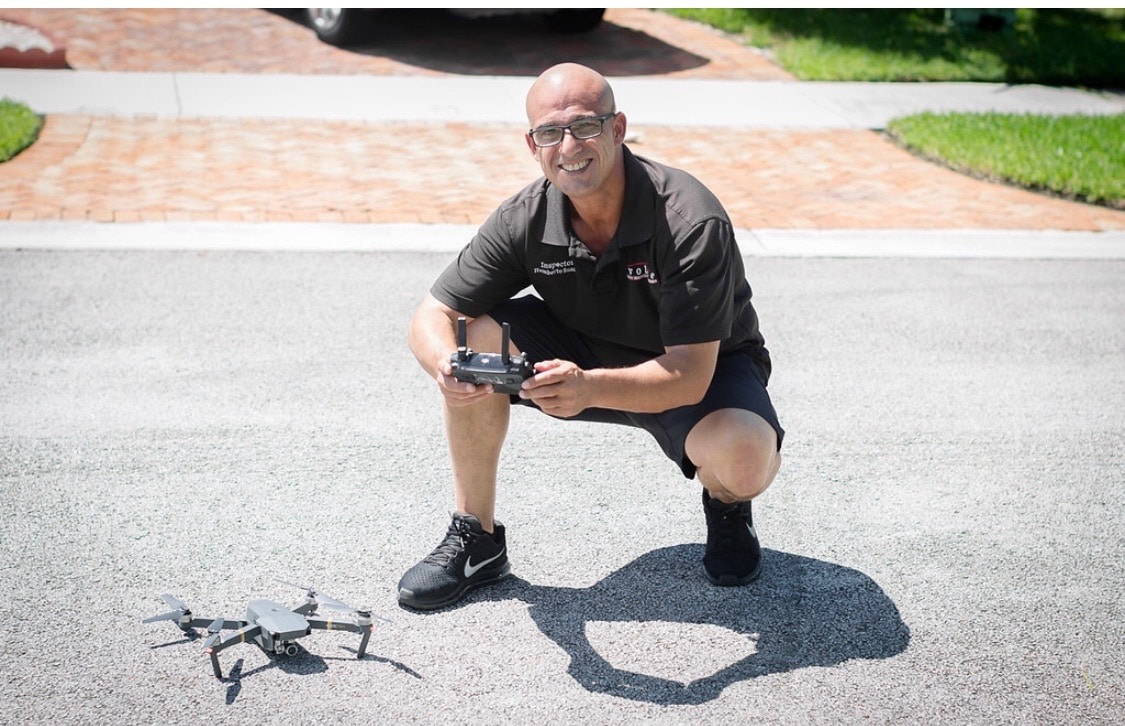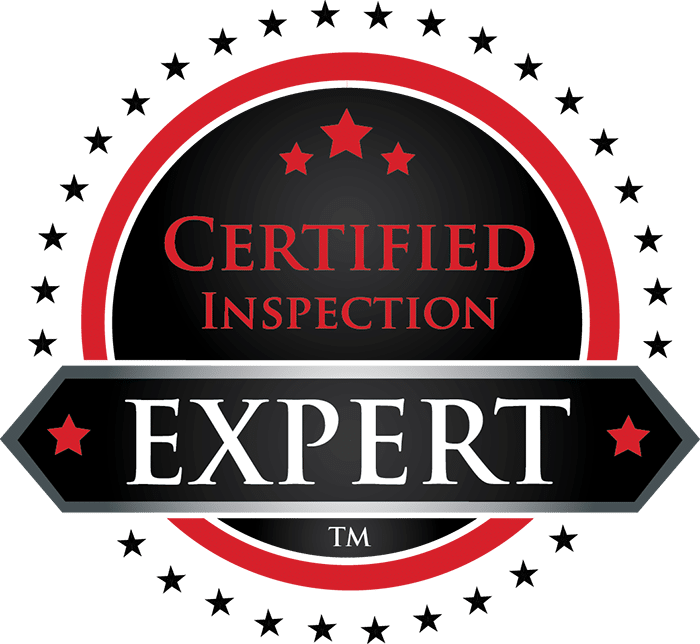Home Inspection Questions

7 Questions You’ll Want to Ask Your Home Inspector
Are you getting your home inspected soon? Check out this guide on home inspection questions you’ll want to ask your home inspector.Buyers
When you decide to purchase a home, it also can become quite stressful. There’s crunching the numbers, negotiating offers, adding up closing costs, shopping for mortgages, and trying to get the best deal. Moreover, you have to choose the right home inspector, real estate agent, and title agency.
However, there are certain home inspection questions you should be asking. You need to make sure you are as knowledgeable as possible about the home and any issues found during the inspection.
SellersWhen you put your house up on the market, you enter into a sales process that can quickly become quite stressful. From moving your possessions, cleaning the house from top to bottom, and negotiating with potential buyers, it’s easy to get overwhelmed.
Real Estate ProfessionalYour clients rely on you as a professional real estate agent to guide them through a complicated and stressful process. Demonstrate to them that their trust in you is justified by referring them to Evolve Property Inspections. As an InterNACHI Certified Master Inspector, my training, experience, expertise, and professionalism will deliver the most informative and thorough, easy-to-read inspection report.
1. Don’t Be Afraid to Ask for Clarification
One of the biggest mistakes Homeowners and Home Buyers make while standing by for the home inspection is failing to ask for explanations about various marks against the home. If you need further understanding, you must ask for clarification, so you know how to proceed.
For example, if the inspector says, “Looks like you’ve got some negative drainage on the south wall,” do you know what that means or what to do about it? Ask any question that comes to mind, and don’t worry about annoying the inspector; it’s their job to tell you and your right to know. It may even be a good idea to bring a notepad and pencil with you so you can write everything down.
In the world of real estate, one of the most critical aspects of the sales process is the home inspection. The home inspector’s job is to ensure any home placed on the market is in optimal condition to protect all parties. After all, no one wants to buy a house with hidden damages, nor does anyone want to sell a lemon unknowingly.
2. Ask for Maintenance Tips
Important home inspection questions you should be asking involves how to care for and maintain your home correctly. There are multiple facets of home maintenance you are responsible for as a homeowner or future homeowner. You should know how to take care of your home and all of its functions to save you time and money down the road.
It’s also vital for the health of everyone living in the home. For example, do you know the dangers of toxic mold? Additionally, do you know the importance of changing the furnace filter and how often you’re supposed to do it?
Make sure you ask about everything from negative drainage and cleaning out the gutters to HVAC repairs and maintenance.
3. Ask About “Red Flags”
Whether you’re buying or selling the house, it’s essential to ask the home inspector questions about any possible “red flags” the home may present. Red flags are typically damages or maintenance issues that will prevent the buyer’s lender from approving the loan for the home.
While red flags will ultimately be determined by the lender and type of loan, here are some common issues that may interrupt the sales process:
- A roof that needs to be repaired or replaced
- Chipped and/or peeling paint
- Mold
- Water damage
- Pest infestation
- Structural damage (water, mold, dry rot, termite damage)
- Negative drainage
- Safety hazards (no egress windows in the basement, exposed wires, faulty construction, mold, lead paint, asbestos)
- Damaged siding
If your home does have any red flags, some vital home inspection questions would include how to go about fixing the problems, how much they will cost, and how long repairs typically take.
4. Is There Any Water Damage or Mold?
As mentioned above, water damage can be a big deal, even a red flag for some buyers and/or their lenders. The problem is, water damage is often indicative of several other issues.
First, water damage means water is somehow getting where it’s not supposed to be (behind the wall, under the floor, into the drywall, in the structural supports, in the basement, etc.). However, visible water damage often suggests the strong possibility of mold, wood rot, and a potential pest problem.
Several things can cause water damage. Here a few common areas:
- Leaking plumbing (usually loose or unsealed joints)
- Faulty appliances
- Negative drainage
- Leaking roof
- Old sealant in area of high moisture (bathrooms, laundry room, and kitchen)
5. Are There Any Current or Potential Drainage Issues?
We spoke earlier about negative drainage and how it can be related to several issues of your home. But do you know what it is?
Negative drainage occurs when water (usually rainwater, melting snow, or ice) drains toward the foundation of your home rather than away from it. You can fix this problem by building up ground next to the foundation of your home to make sure it slopes down away from the house for at least six feet. You can also look into installing french drains for extra protection.
Negative drainage can lead to damage to the foundation of your home and water in the basement or crawlspace. These issues, in turn, can lead to mold and pest infestations.
6. Is the Electrical Updated and Safe?
When selling or moving into a new home, it’s electrical system is a significant concern, especially when looking at older homes. Older homes with outdated electrical systems often fail to provide enough power. On various electrical circuits of the house can result in tripped breakers continuously and noticeably dimming lights when using high-powered electronics such as vacuum, space heater, microwave, blender, etc.
Additionally, some older homes aren’t even grounded, which presents a higher risk of electrical fires.
7. Ask About the Inspector’s Credentials
One of the most critical home inspection questions you may wish to ask pertains to the inspector himself or herself. What are their credentials? They need to be licensed by the state. They should also be register members of one of the various home inspection associations, such as NACHI or ASHI.
It’s also helpful if the inspection agency’s website provides reviews and testimonials from previous clients. There’s no better way to judge a professional than based on what their clients have to say about them.
Have More Home Inspection Questions?
We hope your home inspection goes well, but remember, it’s better to know what could be potentially wrong with your home than live in the dark about it. Even if you get bad news, you can now set out to fix any damages and make the necessary repairs. And be sure to contact us if you have any questions or would like to schedule a home inspection.


